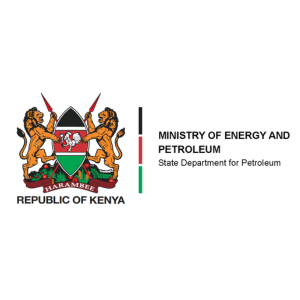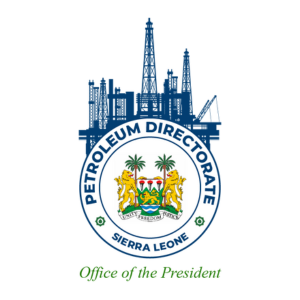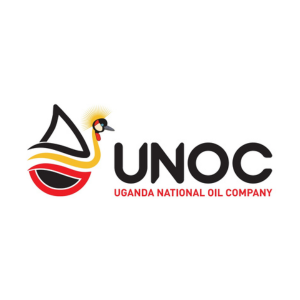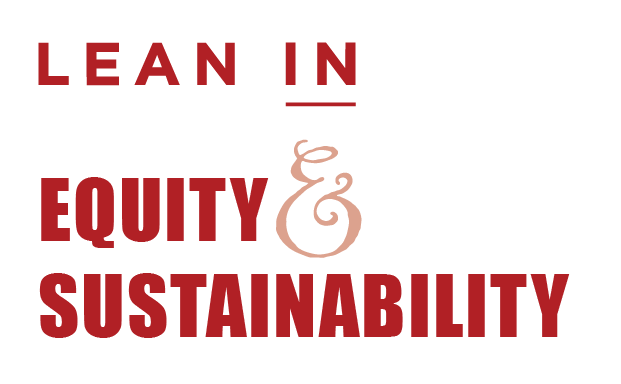Sustainability is now an imperative, but how will it impact business and policy in Africa after the current pandemic?
This guest article has kindly been authored by William Pollen, CEO of Invest in Africa.
In recent years, three key shifts have highlighted gaps in the ‘social contract’ between society, governments and businesses: the climate emergency, the COVID-19 pandemic, and the Black Lives Matter movement. The effect of these has been to push sustainability to the top of the agenda for governments, individuals and businesses alike.
Investors in Africa are increasingly looking for businesses with long-term strategies that have a direct, positive impact on communities and the environment. The discussion around sustainability has dramatically broadened in recent months so that in many cases it is now an entry level requirement when it comes to doing business, particularly with major corporations.
Leading the ESG Conversation
Sustainability and ESG go hand in hand, and many in Africa’s investment community are laser-focused on it. Environmental, social and governance issues are inherently integrated and cannot be considered separately. Sometimes termed a regenerative business model, this approach recognises that current and future clients, staff, contractors, investors and policymakers share a common set of needs that are never mutually exclusive. When measured and reported, ESG builds a picture of a company’s ethics, values, leadership and behaviours for the benefit of its trading partners and other stakeholders. The investor community looks at ESG as part of its due diligence – and through the historical demands of development finance, African companies have traditionally led, not lagged in this regard.
The pandemic has highlighted all aspects of ESG as critical, for example, businesses with more localised supply chains, lower carbon footprints and high levels of social responsibility and governance (including diversity, leadership and succession and strong business continuity plans), are much more likely to survive the pandemic and emerge resilient.
Africa’s Net Zero Commitments
The climate emergency has inevitably accelerated the importance of the ‘E’ in ESG and there are increasing calls for Net Zero commitments from national governments and businesses. Looking back at COP25 in December last year, Africa was well represented among those making Net Zero commitments; 12 cities including Nairobi, Accra and Dakar (where Invest in Africa operates) pledged to limit warming to 1.5 degrees. At the country level, representation was thinner on the ground, with only Ethiopia as part of the ‘Under 2 Coalition’.
Alongside commitments from countries and cities, COP25 also consolidated the new era of environmental commitments. Nowadays, getting to Net Zero means looking not only at how much carbon dioxide a company emits as part of its own operations, but also what happens in its supply chains. This is a complex task and difficult even in developed markets where there are sustainability professionals in abundance. What will Africa’s response be?
If the progress currently being made is anything to go by, the possibilities that lie ahead for Africa’s Net Zero efforts are promising. The continent is seeing unprecedented levels of financing of renewables projects, and renewables are becoming increasingly embedded in government policies. There has been a strategic shift in donor funding, especially from DFIs, towards positive discrimination against traditional hydrocarbon projects and towards renewables. There are increasing opportunities for local businesses to operate as suppliers and contractors to renewables projects. Existing hydrocarbon projects are also investing in these local businesses in order to lower their carbon footprint and get carbon credits by bringing them into their supply chain.
However, the investor community can only move the dial so far. For environmental progress to occur at the speed that is needed, it must be led by government policy changes and incentives. In short, until it becomes cheaper to use renewables than higher carbon emitting sources of energy, we will not see the ‘leapfrog’ progress needed.
Sustainability Leapfrogging
Africa has earned a reputation as the leapfrog continent when it comes to innovation – consider the classic example of bypassing fixed line telecommunications and going straight to mobile. Could the same level of leapfrogging be possible when it comes to sustainability?
There are certainly those who think so. Dr Wolfram Schmidt of BAM International notes “In Europe, there are numerous standards and regulations. These have many advantages, but also prevent innovations coming quickly to the market. Things are different in Africa, as…industry is still relatively young. There I can sense a great enthusiasm for innovation; businesses try to bring new insights straight to construction areas. Their creativity is unbelievable.”
Is this a clue to what the future will look like for Africa? By the end of the century, Africa will host thirteen of the world’s top twenty megacities, including the top three. A new global marketplace for carbon negative business models, Puro.earth, identifies three ‘carbon transformers’, all of which could be scaled up in Africa to remove CO2 from the atmosphere:
Alongside the entrepreneurs, big multinationals with footprints in Africa are using their buying power to influence the development of sustainable supply chains that will support their own commitments. Mace, the construction company that built Angola’s new airport, announced it will achieve Net Zero emissions in 2020. Meanwhile, AB Sugar and its African business Illovo voluntarily report environmental data through CDP, the global disclosure system.
With COVID-19 turbocharging fundamental shifts in the ‘social contract’, Africa can leapfrog towards more sustainable business models, thereby attracting its share of the growing amount of impact investment capital available for businesses that are run with sustainability at their heart. In order to grasp this opportunity for Africa, we need a dramatically more coordinated approach across international investors, local businesses, DFIs, and policymakers that recognises the interrelated nature of ESG and sustainability actions and outcomes.
I believe organisations like Invest in Africa have an important role to play in highlighting and coordinating the changes that needs to happen, whilst also adding a sense of urgency, particularly to government policy and existing businesses operations. No one organisation can or should be expected to achieve this alone, so I encourage others who feel they have something to contribute to share your recommendations and solutions.
Learn more about Invest in Africa here.
Learn more about Future Energy Series: Africa here.
In recent years, three key shifts have highlighted gaps in the ‘social contract’ between society, governments and businesses: the climate emergency, the COVID-19 pandemic, and the Black Lives Matter movement. The effect of these has been to push sustainability to the top of the agenda for governments, individuals and businesses alike.
Investors in Africa are increasingly looking for businesses with long-term strategies that have a direct, positive impact on communities and the environment. The discussion around sustainability has dramatically broadened in recent months so that in many cases it is now an entry level requirement when it comes to doing business, particularly with major corporations.
Leading the ESG Conversation
Sustainability and ESG go hand in hand, and many in Africa’s investment community are laser-focused on it. Environmental, social and governance issues are inherently integrated and cannot be considered separately. Sometimes termed a regenerative business model, this approach recognises that current and future clients, staff, contractors, investors and policymakers share a common set of needs that are never mutually exclusive. When measured and reported, ESG builds a picture of a company’s ethics, values, leadership and behaviours for the benefit of its trading partners and other stakeholders. The investor community looks at ESG as part of its due diligence – and through the historical demands of development finance, African companies have traditionally led, not lagged in this regard.
The pandemic has highlighted all aspects of ESG as critical, for example, businesses with more localised supply chains, lower carbon footprints and high levels of social responsibility and governance (including diversity, leadership and succession and strong business continuity plans), are much more likely to survive the pandemic and emerge resilient.
Africa’s Net Zero Commitments
The climate emergency has inevitably accelerated the importance of the ‘E’ in ESG and there are increasing calls for Net Zero commitments from national governments and businesses. Looking back at COP25 in December last year, Africa was well represented among those making Net Zero commitments; 12 cities including Nairobi, Accra and Dakar (where Invest in Africa operates) pledged to limit warming to 1.5 degrees. At the country level, representation was thinner on the ground, with only Ethiopia as part of the ‘Under 2 Coalition’.
Alongside commitments from countries and cities, COP25 also consolidated the new era of environmental commitments. Nowadays, getting to Net Zero means looking not only at how much carbon dioxide a company emits as part of its own operations, but also what happens in its supply chains. This is a complex task and difficult even in developed markets where there are sustainability professionals in abundance. What will Africa’s response be?
If the progress currently being made is anything to go by, the possibilities that lie ahead for Africa’s Net Zero efforts are promising. The continent is seeing unprecedented levels of financing of renewables projects, and renewables are becoming increasingly embedded in government policies. There has been a strategic shift in donor funding, especially from DFIs, towards positive discrimination against traditional hydrocarbon projects and towards renewables. There are increasing opportunities for local businesses to operate as suppliers and contractors to renewables projects. Existing hydrocarbon projects are also investing in these local businesses in order to lower their carbon footprint and get carbon credits by bringing them into their supply chain.
However, the investor community can only move the dial so far. For environmental progress to occur at the speed that is needed, it must be led by government policy changes and incentives. In short, until it becomes cheaper to use renewables than higher carbon emitting sources of energy, we will not see the ‘leapfrog’ progress needed.
Sustainability Leapfrogging
Africa has earned a reputation as the leapfrog continent when it comes to innovation – consider the classic example of bypassing fixed line telecommunications and going straight to mobile. Could the same level of leapfrogging be possible when it comes to sustainability?
There are certainly those who think so. Dr Wolfram Schmidt of BAM International notes “In Europe, there are numerous standards and regulations. These have many advantages, but also prevent innovations coming quickly to the market. Things are different in Africa, as…industry is still relatively young. There I can sense a great enthusiasm for innovation; businesses try to bring new insights straight to construction areas. Their creativity is unbelievable.”
Is this a clue to what the future will look like for Africa? By the end of the century, Africa will host thirteen of the world’s top twenty megacities, including the top three. A new global marketplace for carbon negative business models, Puro.earth, identifies three ‘carbon transformers’, all of which could be scaled up in Africa to remove CO2 from the atmosphere:
- Carbonated building elements such as Carbstone create carbon net negative building materials.
- Building in wood in a tightly audited manner that is certified carbon net negative is another way to lock away carbon for hundreds of years.
- The production of biochar, produced from biomass or biowaste by heating in the absence of oxygen, has multiple commercial uses at potential industrial volumes in soil regeneration and wastewater treatment. Nigeria’s Pyrogenesys is an emerging example of ingenuity that is poised to take-off, helping solve the problem of removing CO2 from the atmosphere as it grows.
Alongside the entrepreneurs, big multinationals with footprints in Africa are using their buying power to influence the development of sustainable supply chains that will support their own commitments. Mace, the construction company that built Angola’s new airport, announced it will achieve Net Zero emissions in 2020. Meanwhile, AB Sugar and its African business Illovo voluntarily report environmental data through CDP, the global disclosure system.
With COVID-19 turbocharging fundamental shifts in the ‘social contract’, Africa can leapfrog towards more sustainable business models, thereby attracting its share of the growing amount of impact investment capital available for businesses that are run with sustainability at their heart. In order to grasp this opportunity for Africa, we need a dramatically more coordinated approach across international investors, local businesses, DFIs, and policymakers that recognises the interrelated nature of ESG and sustainability actions and outcomes.
I believe organisations like Invest in Africa have an important role to play in highlighting and coordinating the changes that needs to happen, whilst also adding a sense of urgency, particularly to government policy and existing businesses operations. No one organisation can or should be expected to achieve this alone, so I encourage others who feel they have something to contribute to share your recommendations and solutions.
Learn more about Invest in Africa here.
Learn more about Future Energy Series: Africa here.


































